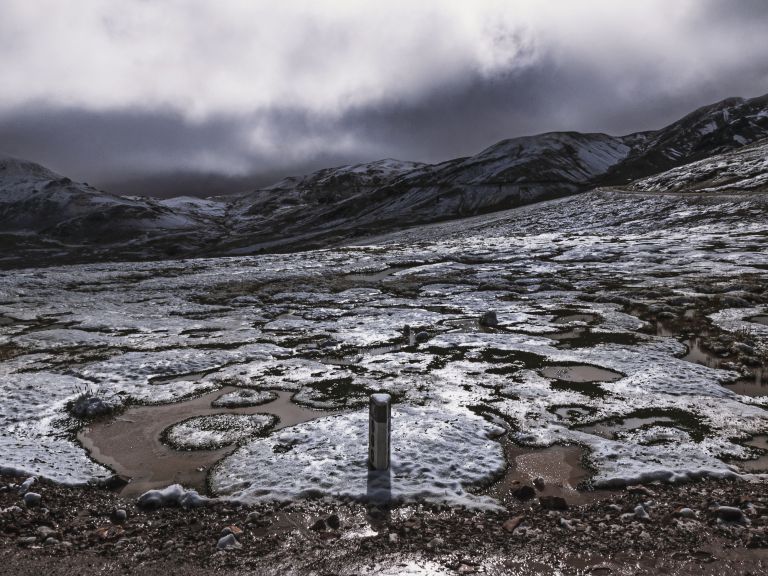Project Detail: Río Arriba (Upstream)
Contest:
Reportage and Documentary 2019
Brand:
LuganoPhotoDays
Author:
Nicola Torriti Zolezzi
Project Info
Río Arriba (Upstream)
This project begins at 4800 meters above sea level in Ayacucho and Huancavelica in southern Peruvian Andes, where the icing process regress around 11kms. each year. Perú is the third most affected country in the world by global warming. Andean societies culturally live near watersheds. They are firsthand keepers of glaciers and waterholes. Deice leads into water loss, overflows and less water, which may turn into future social conflict between communities according to glaciers and high mountain ecosystems Peruvian authorities. Four main issues are tracked in this ongoing project: 1. Deicing in a delicate glacier ecosystem 2. Alteration of agriculture periods in 3. Traditionally self-sustained farming families whom culture is related to water knowledge that 4. must struggle with industrial farming lobbies influence in economic decisions on water administration. Reunions between local leaders and families are held to strengthen their political capabilities on water access rights.
Perú has the main high mountain chain in a tropical area and its waters sustains two of the biggest jungles worldwide. Perú is the third most affected country in the world by global warming. Yacuqamayoq is the word in quechua rereferred to an ancient water wise and administrator. This person was the second one in public domains after the local governor. In some regions this political figure continues to exist. Mountains, ice, waterholes are a crucial component of Peruvian societies who are constituted with and around this element of life.
In some Peruvian regions as Huancavelica, rivers natural flow is been deviated in order to water shoreline industrial farming lands. Alongside this fact, global warming alters production periods and quality. For example, in the main cultural production tuber as is the potato which its participation in familiar economies and diets is essential and involves around 710 000 families.
Andean societies culturally live near watersheds. They are firsthand keepers of glaciers and waterholes. Deice leads into water loss, overflows and less water, which may turn into future social conflict between communities according to glaciers and high mountain ecosystems Peruvian authorities.
Deicing and job opportunities, global warming and economy are main and interrelated environmental and political factors considered in this project. But there is an important case: gender participation in political and rural public life. Due to less water in the Andes and difficulties in farming, men must move for long periods to shoreline farming facilities, so women empower themselves in the communities gaining a new and fundamental public role in taking decisions.
Together with this special case, four main issues are tracked in this ongoing project: 1. Deicing in a delicate glacier ecosystem 2. Alteration of agriculture periods in 3. Traditionally self-sustained farming families whom culture is related to water knowledge that 4. Must struggle with industrial farming lobbies influence in economic decisions on water administration.
Reunions between local leaders and families are held to strengthen their political capabilities on water access rights.


















